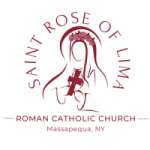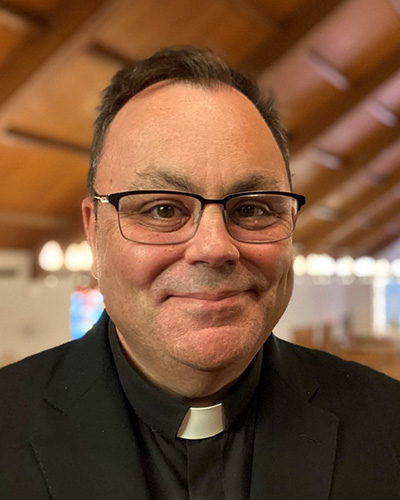The presence of Jesus in the Eucharist is a gift and the fulfillment of His mission. This is my body for you, my blood for you. Always for you, for all. Never for me, for you, for all.
The National Eucharistic Congress concluded last weekend. Tens of thousands assembled in Indianapolis for days of prayer, worship, catechesis, and solidarity in their Eucharistic faith. The above quote is from Cardinal Luis Antonio Tagle of the Vatican Dicastery for Evangelization. In his homily concluding the congress, he urged the assembly to appreciate the gift that the Eucharist is for us.
For the next four weeks, we will have a chance to reflect on the Eucharist as we proclaim the sixth chapter of John’s gospel which features Jesus’ Bread of Life discourse. This week we reflect on how closely this multiplication of the loaves resembles the Mass, which is the perpetual celebration of the Eucharist.
First, St. John tells us that “the Jewish feast of the Passover was near,” and we know that on the feast of Passover, during the Last Supper, Jesus instituted the sacrament of the Eucharist. Then St. John explains that a large crowd was gathering around Jesus because they had seen his signs of healing. And then some people from the crowd bring a few offerings to Jesus – the loaves and fish, just like our offertory after the Creed. And what did Jesus do? He “gave thanks” and then “distributed” the food. This mirrors perfectly the second half of Mass.
Jesus is not just giving the crowds a meal to show them God’s generosity and concern; he is also getting them ready to understand his coming discourse about the Eucharist.
The second critical thing that today’s Gospel tells us about the Eucharist is that we really need it. The crowds following Jesus had no food, the disciples had no money to buy food and the five loaves and two fish were simply not enough; they could do nothing to satisfy the needs of the people. Only the power of God was sufficient to meet the needs. If Jesus hadn’t intervened with his miracle, those people would have gone hungry; they needed bread, and only Jesus could give it to them.
The same thing goes for us today. To live the lives of wisdom, courage, hope, faith, and self-giving that we are called to live, in a sin-infected culture that is like a desert, void of all those virtues, we need God’s help. And he gives it to us by feeding us with his very own wisdom, faith, courage and strength through the Eucharist.
Every Mass is a celebration of this great gift of the Eucharist. Over these next few weeks, we have the opportunity to deepen our Eucharistic faith and make an effort to live it deeply. We can live it deeply by paying attention to the sacred words of the liturgy, by stirring up sentiments of gratitude and faith in our hearts, remembering that we are not alone.
At the Eucharistic Congress, the pilgrims had a profound encounter of unity. Through this Mass, we are connected to Catholics throughout the world and throughout history who have gathered around the same altar and received the same Holy Communion, obeying our Lord’s command: “Do this in remembrance of me.”
Peace

